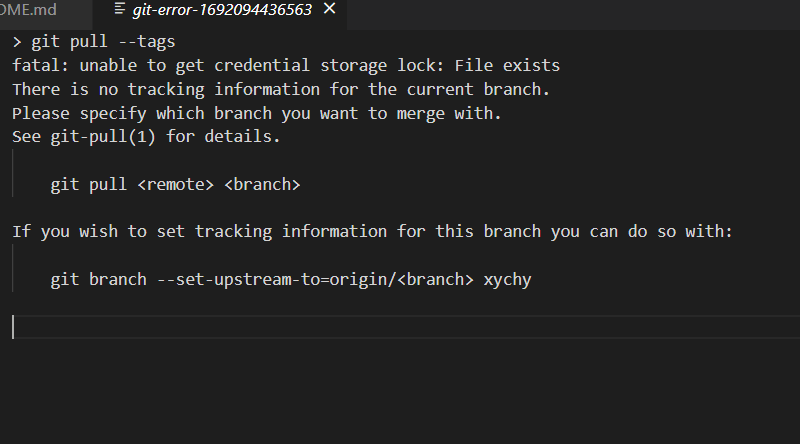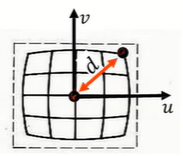Many years ago , in Teddy’s hometown there was a man who was called “Bone Collector”. This man like to collect varies of bones , such as dog’s , cow’s , also he went to the grave …
The bone collector had a big bag with a volume of V ,and along his trip of collecting there are a lot of bones , obviously , different bone has different value and different volume, now given the each bone’s value along his trip , can you calculate out the maximum of the total value the bone collector can get ?

Input
The first line contain a integer T , the number of cases.
Followed by T cases , each case three lines , the first line contain two integer N , V, (N <= 1000 , V <= 1000 )representing the number of bones and the volume of his bag. And the second line contain N integers representing the value of each bone. The third line contain N integers representing the volume of each bone.
Output
One integer per line representing the maximum of the total value (this number will be less than 2^31).
Sample
| Inputcopy | Outputcopy |
|---|---|
1 5 10 1 2 3 4 5 5 4 3 2 1 | 14
|
01背包问题:
#include<iostream>
#include<algorithm>
using namespace std;
typedef long long ll;const int N = 1010;
int n, m;
int v[N], w[N];
int f[N][N];int main()
{int t;cin >> t;while (t--){cin >> n >> m;for (int i = 1; i <= n; i++) cin >> w[i];for (int i = 1; i <= n; i++) cin >> v[i];for (int i = 1; i <= n; i++) {for (int j = 0; j <= m; j++) {f[i][j] = f[i - 1][j];if (j >= v[i]) f[i][j] = max(f[i][j], f[i - 1][j - v[i]] + w[i]);}}cout << f[n][m] << endl;}
}








![[国产MCU]-W801开发实例-GPIO输入与中断](https://img-blog.csdnimg.cn/11706f63104d4d5cbcd8ed76a4bf459a.png#pic_center)








